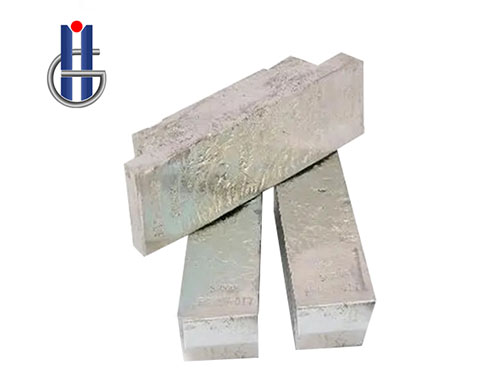Tin ingots, essential components in various manufacturing processes, play a pivotal role in shaping industries and contributing to the production of diverse goods. As a malleable and corrosion-resistant metal, tin has found widespread applications, and its transformation into ingots marks a crucial step in the supply chain of numerous industries.
One of the primary uses of
tin ingots is in the production of tinplate, a thin sheet of steel coated with a layer of tin. Tinplate is extensively utilized in the packaging industry for the manufacturing of cans and containers. The corrosion-resistant properties of tin provide a protective barrier to the underlying steel, ensuring the longevity and integrity of packaged goods. This makes tin ingots a cornerstone in the food and beverage packaging sector, safeguarding the quality and safety of products.
In the electronics industry,
tin ingots find application in the production of solder. Soldering, a fundamental process in electronics assembly, relies on tin-based alloys to create strong and reliable connections between electronic components. Tin's low melting point makes it an ideal material for soldering, allowing for precise and efficient bonding without causing damage to sensitive electronic elements.
Moreover, tin ingots contribute to the creation of alloys with various metals, enhancing their properties for specific applications. For instance, bronze, a tin-copper alloy, is prized for its strength and corrosion resistance, making it suitable for the manufacturing of bearings, musical instruments, and decorative items.
The versatility of tin ingots extends to the realm of chemicals, where they are used in the production of stannous compounds. Stannous compounds have applications in industries such as textile manufacturing, glass production, and as catalysts in chemical reactions. The stable and predictable nature of tin's chemical properties makes it a valuable component in these processes.
As industries continue to evolve and demand for tin-based products rises, the role of tin ingots remains integral to the manufacturing landscape. With their diverse applications spanning packaging, electronics, alloys, and chemicals, tin ingots continue to shape the modern industrial world, contributing to the creation of high-quality and innovative products that define our everyday lives.


 Exploring the Versatile World of Tin Wire Products: A Comprehensive Overview
Exploring the Versatile World of Tin Wire Products: A Comprehensive Overview
 Exploring the Uses and Advantages of Pure Tin Bars
Exploring the Uses and Advantages of Pure Tin Bars
 Spot Tin Ingots: Insights into Market Dynamics, Applications, and Global Trade Trends
Spot Tin Ingots: Insights into Market Dynamics, Applications, and Global Trade Trends